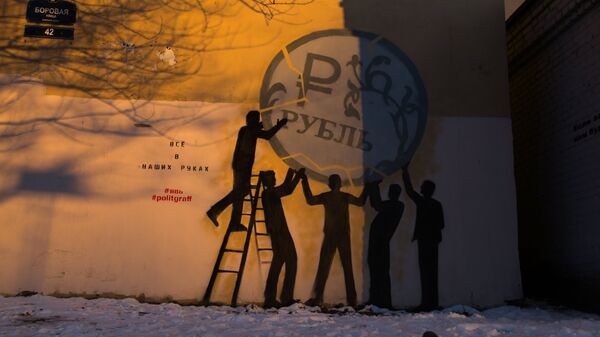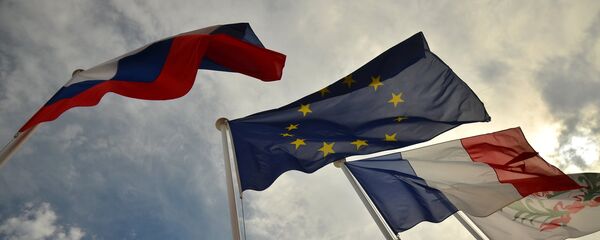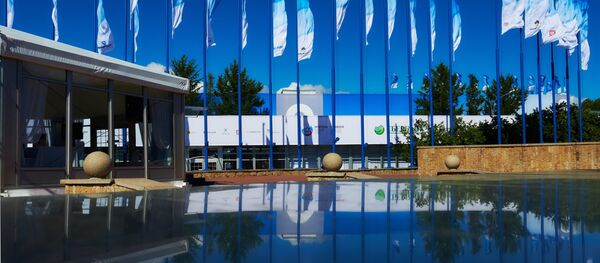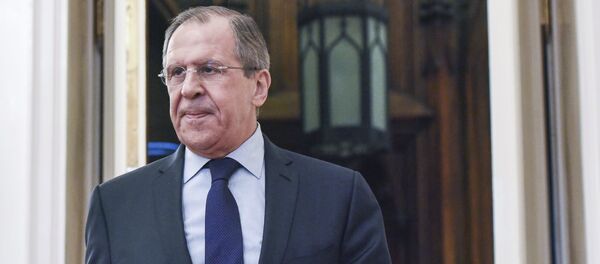“That Russia is already adjusting to this radically changed landscape is an early sign of the gains to be had from seizing the new opportunities,” Yossi Dayan writes in his article for The Telegraph.
The author then analyzes how the fall in the price for crude and the need to reduce external debt as a result of sanctions, “have combined to give powerful momentum to reform.”
First of all, it was the decision in November 2014 “to float the ruble, which has allowed the currency to take the hit in terms of absorbing much of the market response to the crisis.”
Yossi Dayan reminds that it has fallen from an average 31.9 rubles to the US dollar in 2013 to an average 61 rubles to the dollar in 2015.
“This is set to bolster Russia’s trade balance, from $143.9 bln in 2015 to a forecast $148 bln in 2016 and $173.1 bln in 2017,” he argues.
Of course, it is not “a cost-free option,” he adds, and has already resulted in higher price rises and a consequent reduction in living standards.
However the official forecast suggests that inflation, which rose in 2015, will further decline this year and, more importantly, next year.
For investors, the author explains, “this stability and predictability has costs but also some benefits.”
In part, he explains, it can be credited to low and falling unemployment and cites the data of the Federal State Statistics Service, which states that the jobless total declined steadily from 5.5 million in 2010 to 4.1 million in 2013 and 3.9 million in 2014.
Another key element of reform in Russia occurred in the capital markets, he says.
“Under the auspices of the Central Bank of Russia, the Moscow Exchange was strengthened to give the country its own, world-class financial-system capability,” the author explains.
The results of this reform can be seen in the net profits of the finance sector, which having fallen 1.6 percent below their 2008 level in 2014, bounced back strongly to record an estimated 660.6 percent in 2015.
However the author acknowledges that more needs to be done.
“A top priority must be the control of inflation,” he suggests.
“Alongside inflation there is the need to tackle reform to social benefits such as pensions,” he adds.
And finally, “the privatization of public sector monopolies has a vital role to play.”
This view was echoed on Tuesday by Russian Foreign Minister Sergei Lavrov, who reiterated that Russia views the economic restrictions imposed against it as a “window of opportunity that must be used to strengthen food and technological security, as well as to diversify Russia's economy, broaden foreign trade channels and create alternative financial accounting systems.”
"I would say that the issue of when the anti-Russian sanctions are lifted is irrelevant for us. It was not us who imposed sanctions and we will not discuss any criteria or conditions. The only issue relevant for us is how efficiently we use the current situation in the interests of our economy and development," Lavrov said during a live linkup on kp.ru news portal.





